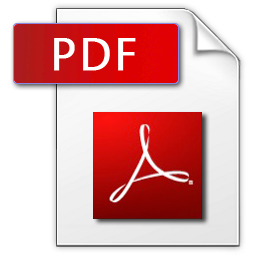A logical framework for describing machine knowledge

Yuanxiu Liao1,2, Shengming Zhou1,2, Zhixin Li1,2
COMPUTER MODELLING & NEW TECHNOLOGIES 2014 18(12C) 307-313
1 Guangxi Key Lab of Multi-source Information Mining & Security, Guangxi Normal University, Guilin 541004, China
2 College of Computer Science & Information Engineering, Guangxi Normal University, Guilin 541004, China
Knowledge acquisition and autonomy has been a bottleneck in machine intelligence research. This paper proposes a logical framework for describing machine knowledge. The so-called "machine knowledge" refers to the knowledge acquired by robot systems in the following way. A robot uses its sensors to sense the external environment, and the sensors transfer the external states (environment) to the robot's memory in the form of sensing data, then the robot converts the data into knowledge through the system mechanisms, and the knowledge is stored in the robot’s knowledge base, forming its own internal state(for environment awareness). Robots can autonomously use their knowledge when planning and making decision without any external intervention. The aim of our work is modelling the above process including formal representations for sensors, sensing data and knowledge, a mechanism converting sensing data to knowledge and automatically updating the internal state of the robot. The main contribution of this paper is to present a new approach for researching machine intelligence, which develops along the direction of “machine code—machine data—machine knowledge—machine intelligence”. The proposed logical approach does not involve the modal logic, and its semantics is based on the sensing data rather than possible world models.
